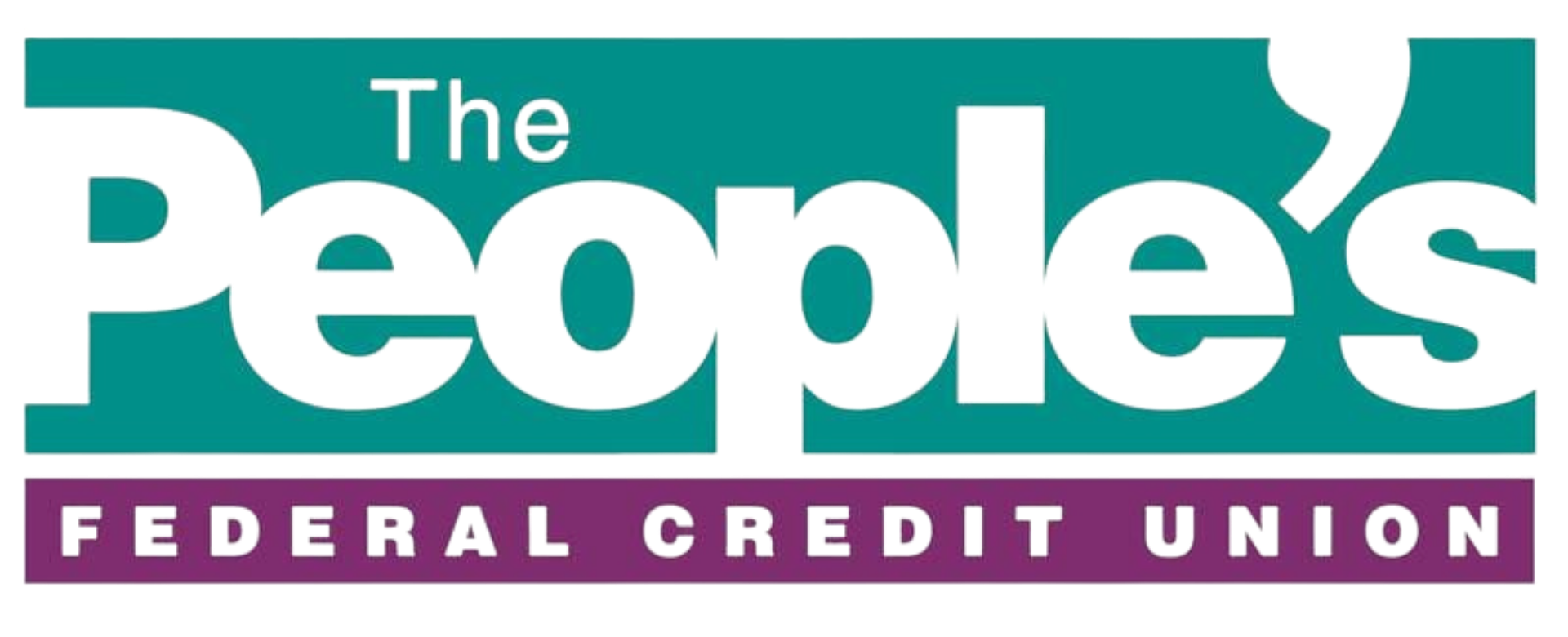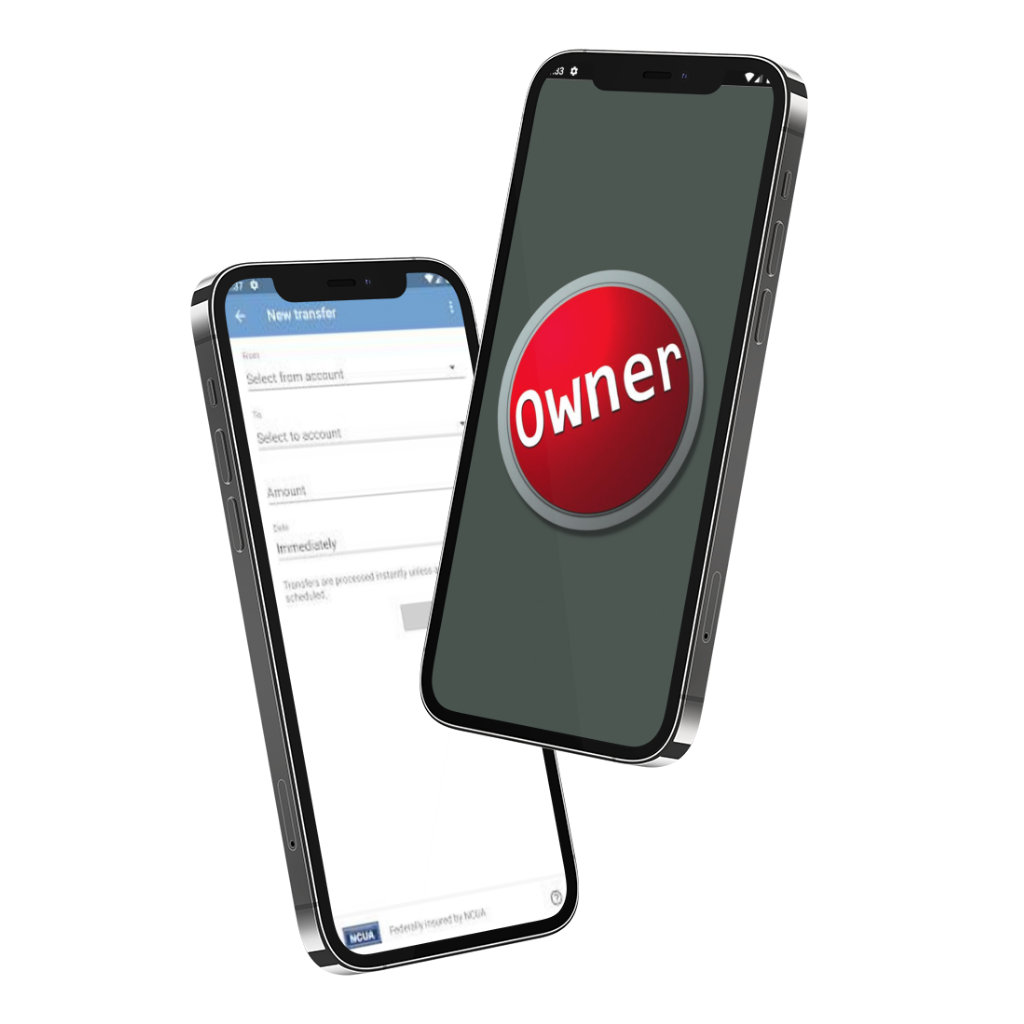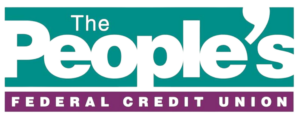Millennials aged 26 to 41 show an abundance of confidence when it comes to financial knowledge, but studies suggest that they struggle to achieve financial well-being. Most millennials are active in their own personal finances and believe that they understand the importance of personal banking accounts, such as savings, checking, credit cards, home loans, and retirement planning, but find it difficult to make sound financial decisions. This disparity between financial knowledge and financial behavior is known as a financial literacy gap.
What Is Financial Literacy?
When we have a basic understanding of our personal finances and the concepts of investing, borrowing, and saving—and can apply that knowledge to improve our financial decisions—we are considered financially literate. The millennial age group is aware of financial opportunities and its members are doing many things right.
According to a study of financial literacy conducted by George Washington University and funded by the National Endowment for Financial Education (NEFE), there were several positives for the millennial age group:1
- Around 88 percent of millennials have either a checking or savings account or both.
- More than 50% have set up and contribute regularly to a retirement
- Around 25% of these young adults are investing in mutual funds, bonds, and the stock market.
- More than 40% of millennials have invested in home ownership.
What Financial Challenges Do Millennials Face?
Although two thirds of these young adults report feeling confident in their financial capabilities, only 25% of millennials demonstrate basic financial literacy, with only 8% achieving a high level of financial knowledge.2 These low financial literacy rates translate into greater financial risks for millennials than for older generations.
This gap between confidence and practical knowledge means that millennials often struggle with managing debt, creating an emergency fund, planning retirement, and managing spending. The financial literacy study revealed some alarming facts about the financial habits and potential pitfalls that this generation faces:2
- Around 66% of those surveyed have at least one form of long-term debt, and 30% said they had more than one long-term debt. Over 50% feel they have too much debt.
- Of those millennials with retirement accounts, roughly 20% had taken out a hardship withdrawal or loan against their retirement savings in the past year for an unexpected need.
- 30% of millennials with checking or savings accounts routinely overdrew their account balance over the past year, spending more than their income.
- Nearly 70% of the millennial generation has a credit card, and more than half routinely carry a balance or use cash advances as an emergency fund
- 42% of millennials use alternative financial services (AFS) even when they have access to more reputable banking services
- About 50% said they were financially unprepared to handle unexpected needs and did not have savings set aside for emergencies.

Addressing the Financial Concerns of Millennials
Baby boomers and Gen X had more financial education than those born between 1965 and 1980. With education in financial planning, budgeting, saving, and managing student debt, millennials can better manage their personal finances, household expenses, and home mortgages and can reduce the risk of bankruptcies and car loan defaults.
Millennials, Gen X, and Gen Z are generally more comfortable with financial technology, digital currency, and cryptocurrency than older generations. Sadly, they are less likely to work with professional financial advisors than their older counterparts.2 By leveraging their confidence with technology to advance their financial planning and meet their financial challenges, millennials can improve their financial literacy and achieve their financial goals.
Improve Your Financial Literacy Today
Millennials are not alone in this challenge. The fact is that only 57% of Americans can be considered financially literate.3 You can access free online resources and guidance from your credit union or financial institution to get help with paying taxes, budgeting, saving, and spending less than your income.
Resources are available today to help millennials, Gen Xers, Gen Zers, and boomers with:
- Creating a budget
- Emergency savings
- Estate planning
- Consolidating debt
- Lowering your income taxes
- Creating a financial safety net
- Reaching your savings goals
- Improving your credit score
Members of The Peoples Federal Credit Union have 24/7 access to our online money management program. In a series of short interactive segments, you can learn about the basic concepts of money management, including debt management, mortgages, overdraft fees, credit cards, and credit reporting. This easy to use educational resource can help you fast track your financial literacy.
Visit the financial wellness center at The Peoples Federal Credit Union to learn more about managing debt and resolving your financial problems before they spiral out of control. The professional staff at TPFCU can help you find the extra money you need to meet all your financial goals. Visit our website, follow us on social media, or stop into one of our offices for fast and friendly help in understanding all the complexities of modern financial planning.
Sources:
- http://www.nefe.org/What-We-Provide/Primary-Research/Financial-Capability-Among-Young-Adults
- https://www.nefe.org/_images/research/GWU-Financial-Capability-Young-Adults/NEFE-Quick-Takeaways-GWU-Young-Adults1.pdf
- https://milkeninstitute.org/sites/default/files/2021-08/Financial%20Literacy%20in%20the%20United%20States.pdf








